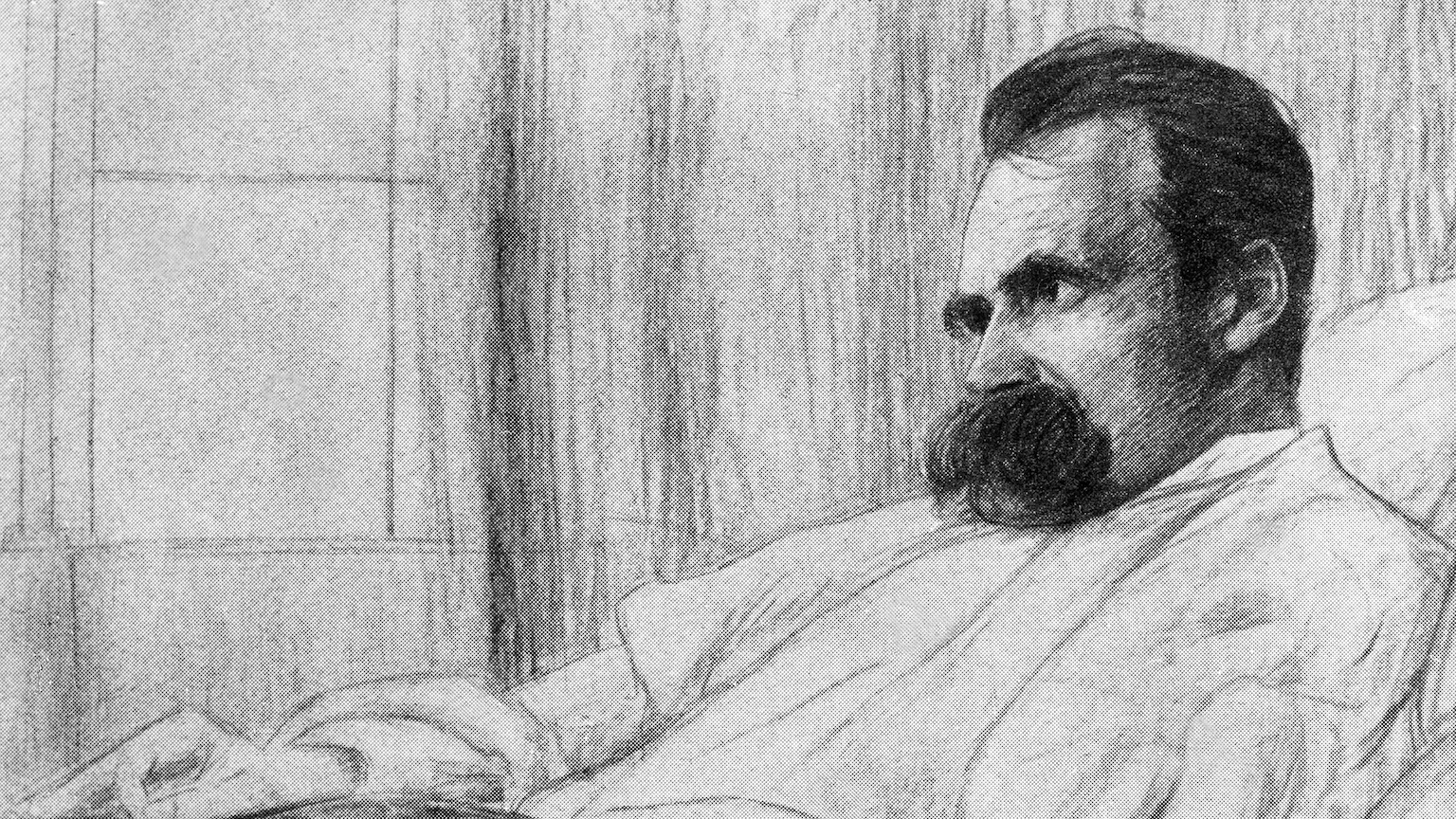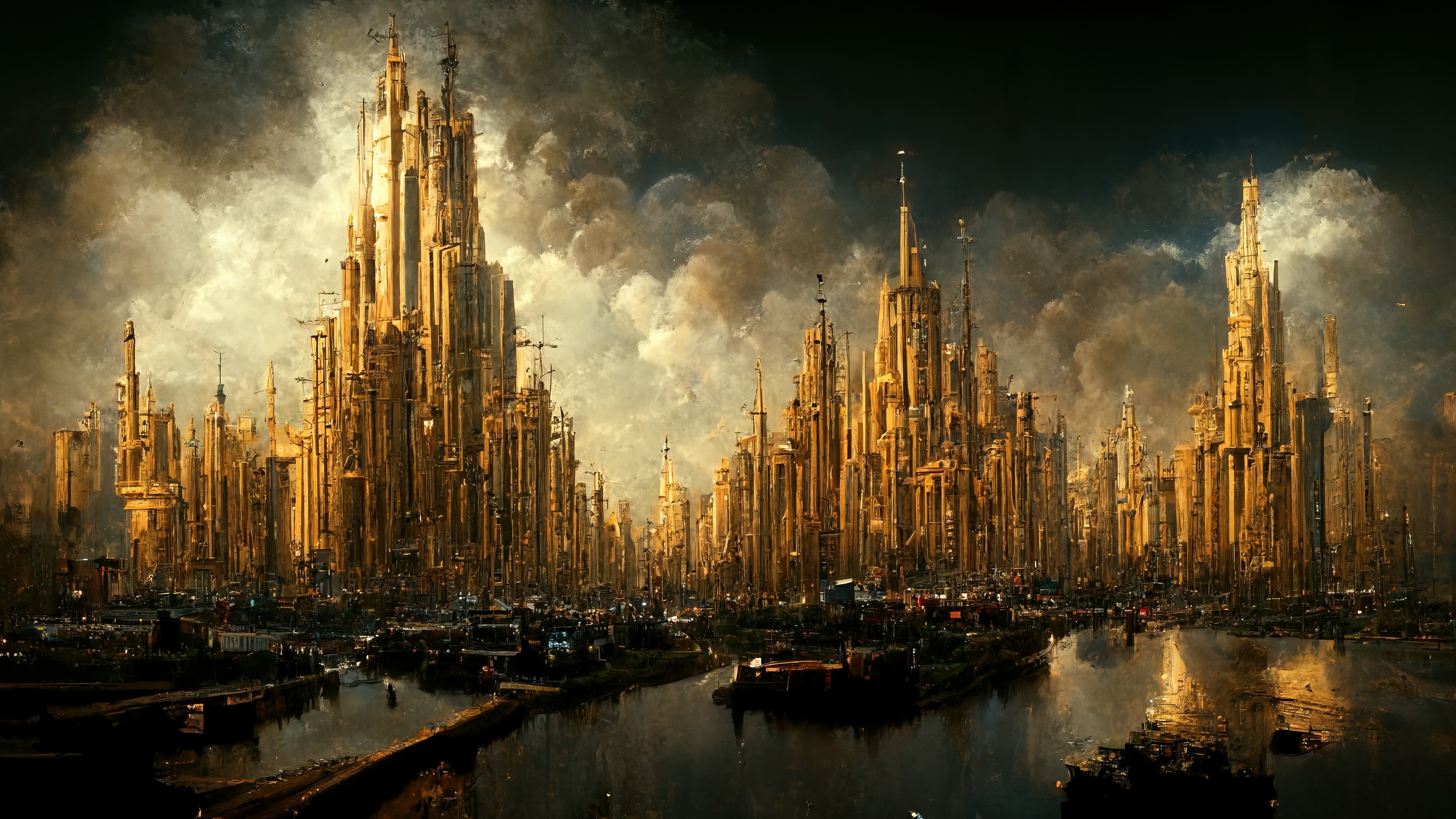Philosophy of Star Wars: Are Darth Vader and the Sith really all that bad?

- In the Star Wars universe, the Sith are the baddies. They’re angry, hate-filled, and power-hungry. The Jedi are the good peacekeepers.
- When we dig into the philosophies behind the various Star Wars orders, however, it gets more complicated. The Sith represent emotion; the Jedi represent reason.
- Both Jedi and Sith have their (earthly) philosophical counterparts. Is it fair to paint the Jedi as emotionless Stoics and the Sith as completely evil?
There is no villain quite as memorable or as archetypal as Darth Vader. When he first appears in Star Wars: A New Hope, with his creepy, mechanical wheeze and his all black, caped outfit, he oozes malice. In a 2022 survey by Empire magazine, Darth beat out The Joker, Hannibal Lecter, and Voldemort to become the “Greatest Movie Villain of All Time.”
Lord Vader belongs to the “dark” side of the force, which means he is of the Sith. The Sith are easily identified by their red lightsabers and sinister John Williams entry music, both of which mark them as the “baddies” for any cinemagoer. And, with planet destroying weapons, force-choke murders, and a blatant disregard for cute, cuddly lifeforms, the Sith in the Star Wars franchise rarely paint themselves in a good light.
But things might not be as they seem. The world of Jedi (the good guys) vs. Sith and the philosophy of Star Wars might not be as black-and-white as we think. What if the Sith are actually misrepresented and distorted?
Philosophy of Star Wars: Jedi vs. Sith
One of the most common discussions in the philosophy of Star Wars concerns what exactly the Sith and Jedi represent. If we follow the original Star Wars movies, we are told that the Sith are hate-filled, angry, and power-hungry. Sith seek and demand total obedience. Those that serve them live in fear of random execution for simply walking in front of the wrong person. Conversely, the Jedi stand for peace and placidity. They are the light and reason of the universe.
This is, however, an oversimplification of their respective philosophies. The “Jedi Code” features two telling lines. The first is: “There is no emotion, there is peace.” The second is: “There is no passion, there is serenity.” The Jedi view is that when we feel intense or deep emotion of any kind, this leads to irrational, evil actions. When Jedi Master Yoda says, “Fear leads to anger; anger leads to hate; hate leads to suffering,” he seems to be making a good point. These are negative emotions, and these often do bring out the worst in people.
But these are not the full roster of feelings. “No emotion” also means no love or affection. “No passion” means no fury at the world’s injustices. On the other hand, when we look at the Sith Code, we see the lines: “Through passion I gain strength. Through strength I gain power.” Sith embrace the heart and welcome emotion. To be Sith is to live passionately and to feel powerful in everything you do.
Plato the Jedi
If ever there was an anti-emotion, rationality-loving Jedi in the history of (Earth’s) philosophy, then it’s Plato. For Plato, when we live a life governed by our feelings, then it’s like getting dragged around by horses. If we do things out of fear or love, or because we’re angry or horny, then we’re no better than marionettes dancing on hormonal strings. Only when we use the reasoning part of the mind can we hope to take control of life. There is no good to be found in the madness of emotion. For Plato — and the Jedi — only when our passions are trained and checked can we be strong. The intellect, not feeling, is the necessary precondition to virtue.
While Aristotle disagreed with a lot of what his teacher, Plato, thought, he took a similarly dim view about emotions. For Aristotle, the purpose of theatre and drama was to purge the soul of feeling, especially negative feelings like fear or anger. When we witness a murder on stage, or experience misery in a film, it releases it from our own mind. This process, called catharsis, was necessary to good living.
So, in the philosophy of Star Wars, we see the Jedi come straight out of ancient Greece.
Frankl the Sith
At the other end of the philosophical spectrum, in the Sith Order, you find a lot of modern philosophers (often from Germany and France). Sith Lord Darth Vader once said, “Anger and pain are natural and part of growth. They give you focus. They make you strong.” Here, Vader is arguing that the strongest swords need tempering, and the most resilient need testing — we need passion to grow. But also, there is a point that mirrors much that is found in the likes of Friedrich Nietzsche and the psychotherapist Viktor Frankl.
Frankl, well-read in Nietzsche and a survivor of Auschwitz, once wrote, “If there is meaning in life at all, then there must be meaning in suffering.” Logic, rationality, and the cold intelligence of the Jedi and Plato are only one part of life. Suffering, pain, anger, hate, and love — in short, our passions — are an unavoidable and natural part of being human. For Frankl, meaning is to be found there.
The Sith talk of “power” echoes Nietzsche’s concept of the “will to power” — the idea that everything in the universe is struggling and striving to overcome something or someone. Often this is equated with genocidal dictators, or planet-destroying galactic emperors. But “power” is just as often about freedom, agency, and choice. We are happiest when we have the power to do things and can decide which way to walk. The Sith’s “power-lust” can be interpreted as only the need, and the right, to choose your own path — a power over life.
A defense of Jedi and Stoicism
In a lot of the “fan theory” threads about Star Wars, it is often said that the Jedi are like “Stoics.” It’s used as a mocking sneer, as in, “Look at how robotic and inhumane those Jedi are.” The problem with this is that Stoicism as a philosophy is not the same as how the adjective “stoic” is used today. Stoics were about self-control, and they were about choosing your reactions to the world, but they were also about developing the right kind of emotions. As philosophy professor Massimo Pigliucci puts it:
“Rather, [Stoics] thought that negative, disruptive emotions — such as hatred, anger, and fear — should be controlled by reason, while positive emotions — like love, a righteous sense of justice, and even a sense of awe at the beauty of the world — should be actively cultivated.”
A legitimate case could be made that Jedi are more like Stoics in this sense than “stoic” in the manner of the Vulcans from Star Trek. All the Jedi we see in the Star Wars world are not drones. They love and are loyal. They’re kind and affectionate. Samuel L. Jackson’s (Jedi) character even fights in what looks like a wildly aggressive manner; he even seems to relish the battle.
Of course, outside of science fiction universes, a happy and full life likely lies between the two extremes. A good life is neither coldly rational (Jedi) nor lost in the temporary insanity of passion (Sith). Perhaps we need a bit of both light and dark in our lives. Because, when you fall too far into either, you’ll not see yourself at all.
Jonny Thomson teaches philosophy in Oxford. He runs a popular Instagram account called Mini Philosophy (@philosophyminis). His first book is Mini Philosophy: A Small Book of Big Ideas.





